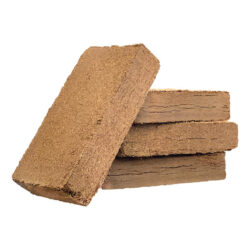Grow Fresh Naturally: Expert Organic Gardening Tips for Chemical-Free Vegetables

In today’s fast-paced world filled with processed foods, artificial additives, and chemical farming, more and more people are turning back to nature for their health and well-being. Organic gardening is gaining popularity not just as a hobby but as a lifestyle choice that promotes wellness, sustainability, and delicious home-grown food. If you’re looking for practical, effective, and simple organic gardening tips, you’re in the right place.
Whether you live in a countryside farmhouse, a small urban home, or an apartment with a balcony, you can start growing your own organic vegetables naturally. All it takes is some basic knowledge, the right tools, and a commitment to going chemical-free.
Below are proven, beginner-friendly organic gardening tips to help you get started and enjoy fresh, homegrown vegetables all year round.
🌱 1. Start with the Right Soil – The Root of Organic Gardening
The health of your plants begins with the health of your soil. Good soil is rich in nutrients, retains moisture, and supports the growth of beneficial microbes. Chemical-based soils may boost fast growth but damage soil life in the long term.
✅ Organic Gardening Tips for Soil:
- Use organic compost, cow dung, leaf mulch, or coco peat to enhance the fertility of your soil.
- Avoid synthetic fertilizers. Instead, go for bio-fertilizers and natural manures.
- Regularly add kitchen waste compost to replenish nutrients.
- Maintain loose, well-drained soil to promote root development and aeration.
💡 Tip: Our premium-grade coco peat and compost mix naturally boosts soil aeration, water retention, and microbial health.
🥬 2. Choose Certified Organic Seeds
A truly organic garden begins with the right seeds. Many commercial seeds are treated with chemicals or genetically modified, which defeats the purpose of growing naturally.
✅ Organic Gardening Tips for Seeds:
- Always buy non-GMO, untreated organic seeds from trusted suppliers.
- For beginners, start with easy-to-grow vegetables such as:
- Tomatoes
- Coriander
- Spinach
- Radish
- Okra
- Chilies
- These crops grow well in containers and adapt to various climates.
Using organic seeds ensures a clean start—free from chemical residues or artificial enhancers.
🐛 3. Control Pests the Natural Way
Chemical pesticides may kill pests quickly but leave behind harmful toxins in your produce. Organic gardening promotes harmony with nature rather than fighting against it.
✅ Organic Gardening Tips for Pest Control:
- Use Neem oil spray, a natural insect repellent safe for humans and pets.
- Spray a mix of garlic and chili water to deter common pests.
- Introduce beneficial insects like ladybugs and lacewings that prey on pests.
- Apply eco-friendly insecticides that are plant-safe and non-toxic.
🛒 Shop our eco-safe insect control products—safe for plants, pets, and people.
🌿 4. Water Wisely and Efficiently
Watering seems simple, but over or under-watering can harm your plants. Organic gardening encourages water conservation and thoughtful irrigation practices.
✅ Organic Gardening Tips for Watering:
- Water early in the morning or after sunset to reduce evaporation.
- Use a watering can or sprinkler system for gentle and even watering.
- Always check soil moisture before watering.
- Mulch the soil surface with dried leaves or grass clippings to retain moisture naturally.
💧 Try our automatic water droppers and mulching materials to conserve water efficiently.
🪴 5. Go for Raised Beds or Grow Bags
For those with limited space or poor soil, raised beds and grow bags are an ideal solution. These containers give you full control over your soil quality and moisture levels.
✅ Organic Gardening Tips for Container Gardening:
- Use grow bags for root vegetables like carrots, onions, radishes, and garlic.
- Raised beds help prevent waterlogging and soil compaction.
- Choose breathable grow bags made from eco-friendly materials.
🌱 Find grow bags of all sizes in our online store—perfect for home gardening!
🌼 6. Try Companion Planting for Healthier Growth
Nature offers its own pest-control and fertilization system through companion planting. This technique involves planting certain vegetables and herbs together to support mutual growth.
✅ Organic Gardening Tips for Companion Planting:
- Plant basil with tomatoes to repel harmful insects.
- Add marigolds near leafy greens to deter nematodes and aphids.
- Use mint or garlic around your garden to naturally repel pests.
Companion planting increases biodiversity, reduces the need for chemical treatments, and improves your garden’s resilience.
🌾 7. Use Organic Fertilizers Only
Organic gardening doesn’t mean you shouldn’t fertilize—it just means doing it the natural way. Chemical fertilizers may give short-term growth but can kill soil organisms and leave residue in your vegetables.
✅ Organic Gardening Tips for Fertilization:
- Use vermicompost, bio-compost, or cow dung manure every 15–30 days.
- Try liquid compost tea made from soaked compost to quickly boost nutrients.
- Apply banana peel water, eggshell powder, and wood ash as natural boosters.
🧪 Explore our organic fertilizer range for strong, safe plant growth.
🍅 8. Harvest at the Right Time
One of the most satisfying parts of organic gardening is the harvest. Freshly picked vegetables taste better and have more nutrients than store-bought ones.
✅ Organic Gardening Tips for Harvesting:
- Harvest early morning for best flavor and nutrient retention.
- Pick vegetables when fully ripe, but not overripe.
- Regular harvesting stimulates plants to produce more fruit.
Use clean, sharp tools to avoid plant damage and always handle produce gently.
🧠 9. Keep Learning and Observing
The best gardeners are also the best observers. Organic gardening is a continuous learning process that improves with experience.
✅ Organic Gardening Tips for Learning:
- Observe plant health regularly—look for signs of stress or pest attack.
- Keep a garden journal to track planting dates, fertilizer schedules, and issues.
- Join online gardening communities or forums for shared learning.
🌐 Follow our blog and social media for weekly tips and tricks on organic gardening!
✅ Final Thoughts
Embracing these organic gardening tips not only leads to healthier food but also fosters a deeper connection with nature. Growing your own vegetables organically ensures chemical-free meals, saves money, reduces your environmental footprint, and brings immense joy and pride.
No matter how small your space or how busy your schedule, with the right approach, anyone can grow their own vegetables—naturally and successfully.
🛒 Ready to Start Organic Gardening?
Visit our online store today for:
- ✅ Premium organic compost and natural fertilizers
- ✅ High-quality coco peat and soil enhancers
- ✅ Durable grow bags, sprinklers, and tools
- ✅ Safe, eco-friendly pest control solutions
👉 Shop Now and transform your home into a thriving organic vegetable garden!
https://gardenhubcare.com/blog/
https://www.facebook.com/profile.php?id=61559869147584


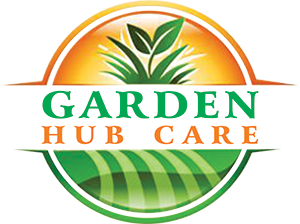
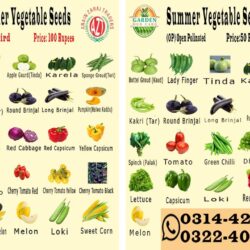 Summer Vegetable Seed
Summer Vegetable Seed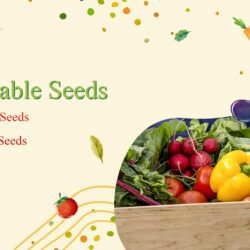 Winter Vegetable Seed
Winter Vegetable Seed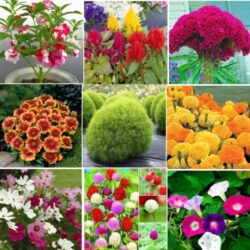 Summer Flower Seed
Summer Flower Seed Winter Flower Seed
Winter Flower Seed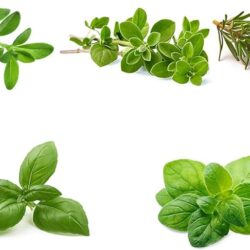
 Desi Garden Tools
Desi Garden Tools Flower Cutter
Flower Cutter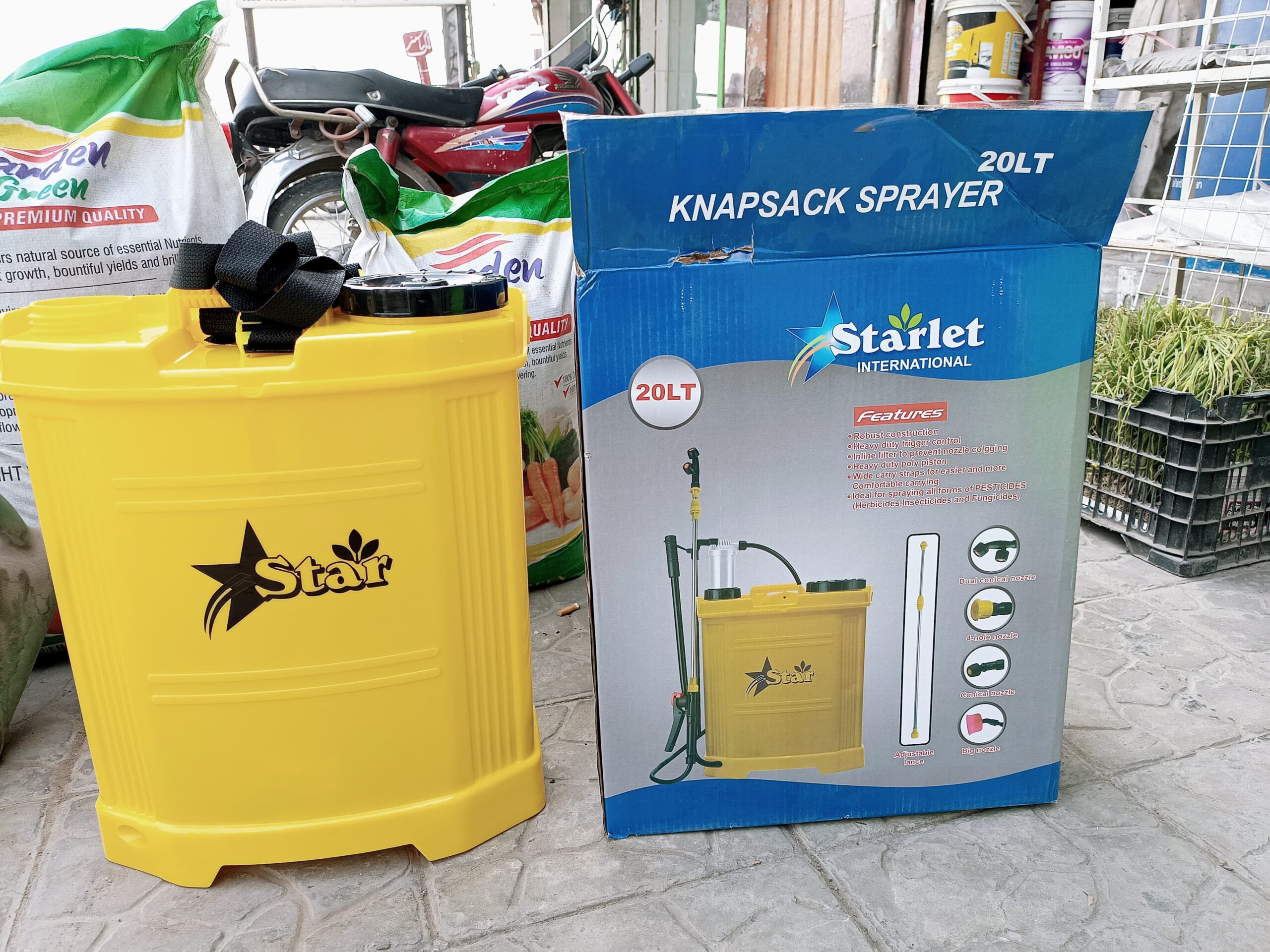 Spray Machine
Spray Machine Sprinkler
Sprinkler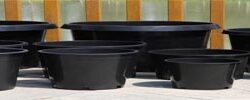

 Rodents
Rodents Termite
Termite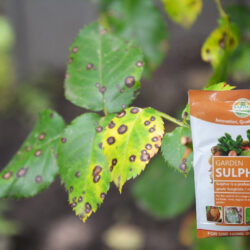 Fungicide
Fungicide Insecticides
Insecticides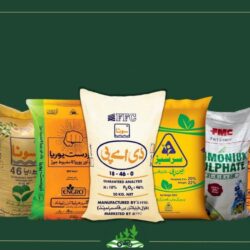 Fertilizers
Fertilizers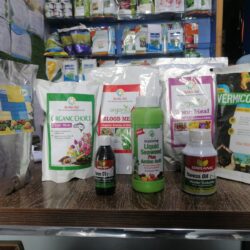 Organic Fertilizer
Organic Fertilizer